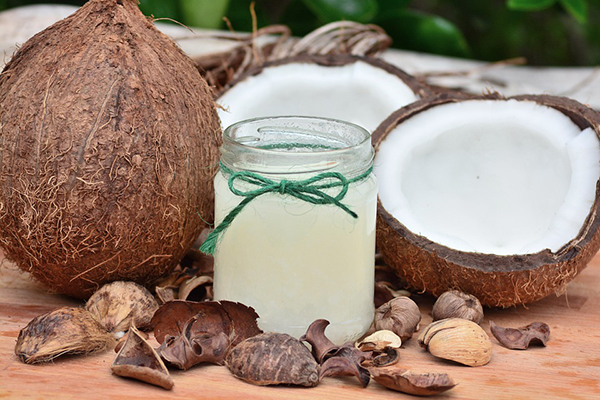You may have heard about the latest buzzword in health and wellness, which is coconut oil. This substance is highly sought after these days for its wonderful therapeutic properties. Millions of coconut oil users around the world swear by its numerous benefits. It is said that virgin coconut oil suppliers from the Philippines are among the best sources of the product, aside from many other countries in tropical locations.
If you want to get in on the new health trend of coconut oil, it’s important for you to understand some of the basics about this product. First of all, you may have heard or seen coconut oil products online or on the grocery shelves. It’s vital to discern the various types of coconut oil so you can make the most informed choices and the best selection when it comes to your healthcare needs.

Regular Versus Virgin Coconut Oil
Many of us are already familiar with virgin or even extra virgin types of edible oil such as those from olives. However, did you know that there is also virgin coconut oil? This type of coconut oil is basically derived from the pulpy white meat found inside the coconut fruit. It is also known as raw or unrefined coconut oil because it is basically obtained with little to no processing or application of heat.
Regular coconut oil, meanwhile, is often referred to as refined coconut oil. It is manufactured from the copra or the dried meat of the coconut from the shell. The oil also undergoes further processes such as bleaching and deodorizing, as well as removing impurities. The result is coconut oil that is relatively odorless and flavorless. However, based on appearance alone, there is no apparent difference between refined coconut oil and virgin coconut oil.
Choosing between regular coconut oil and virgin coconut oil depends on your intended use. Regular coconut oil is ideal for physical application on the skin and hair, and incorporating it in beauty products such as cosmetics, soaps, massage oils, and many others. Virgin coconut oil, meanwhile, is best for consumption. You can take in virgin coconut oil directly or as part of your meals. There are many meals and recipes available that use virgin coconut oil as a vital ingredient.

Benefits of Coconut Oil
The general health benefits of coconut oil remain the same whether in refined or raw form. In terms of the energy that they provide, one tablespoon of either refined or virgin coconut oil offers the same amount of calories (more than 100 calories) and fat (around 13 grams). This fat is of the saturated kind, which are medium-chain triglycerides that are actually beneficial to the cardiovascular system. The only difference is that virgin coconut oil is stronger in taste, aroma, and flavor. Virgin coconut oil has also been found to contain a relatively stronger concentration of antioxidants.
When applied to the body, coconut oil is a very effective moisturizer. It locks moisture into the skin, making it soft and supple. In many traditional cultures in tropical countries, coconut oil is a well-kept beauty secret that delays aging and wrinkles. When used on the hair, coconut oil strengthens the strands and roots. Coconut oil also possesses natural anti-fungal and antimicrobial properties, which make it a natural remedy for skin disorders such as allergies, nail fungus, eczema, dermatitis, etc.

Coconut oil is truly a godsend for people who are conscious about their health not just on the outside but in the inside. If you feel that coconut oil is something for you, why not give it a try? When shopping for coconut oil, read the labels and buy only from reputable sources and manufacturers so that you may best enjoy its fantastic benefits.